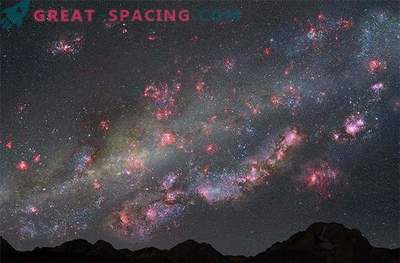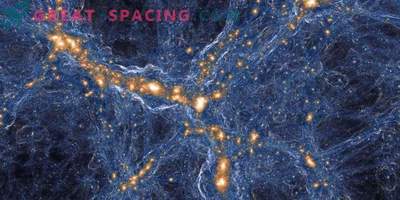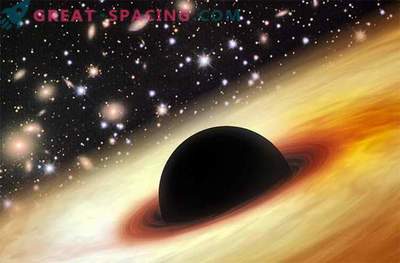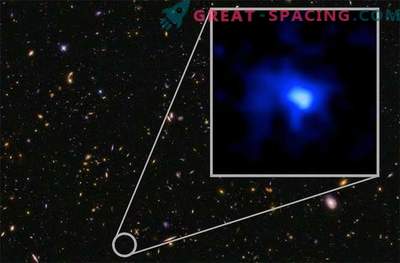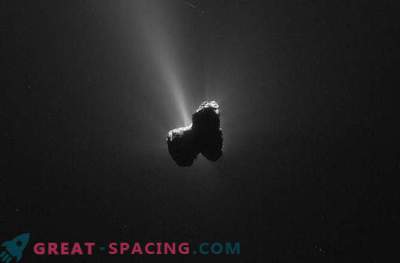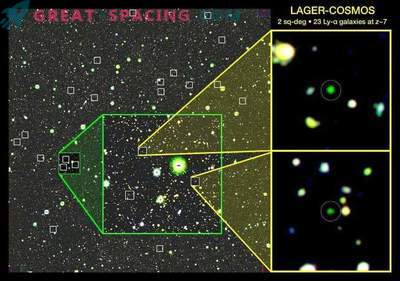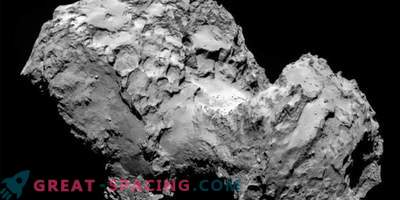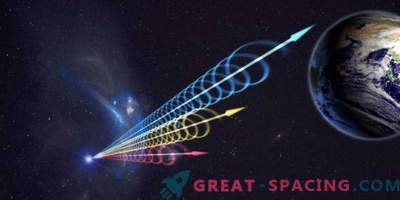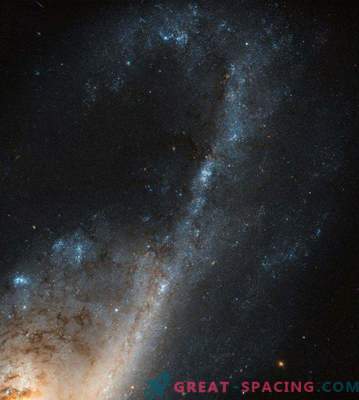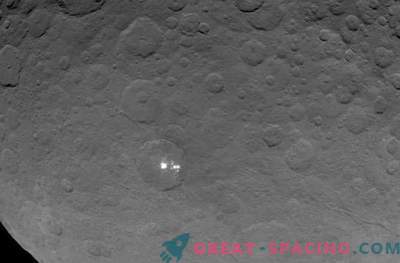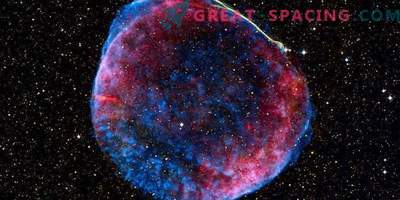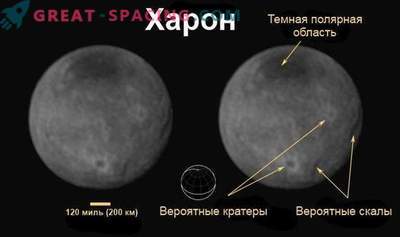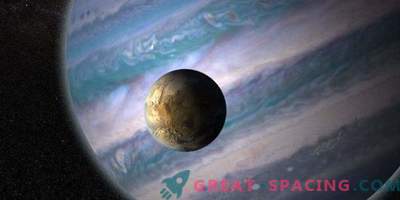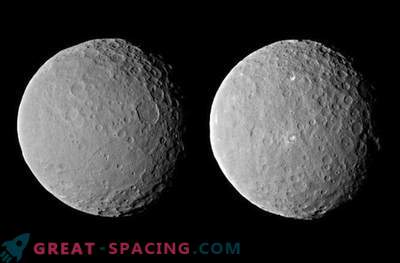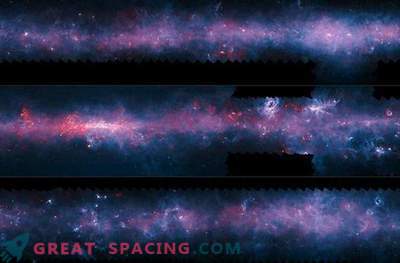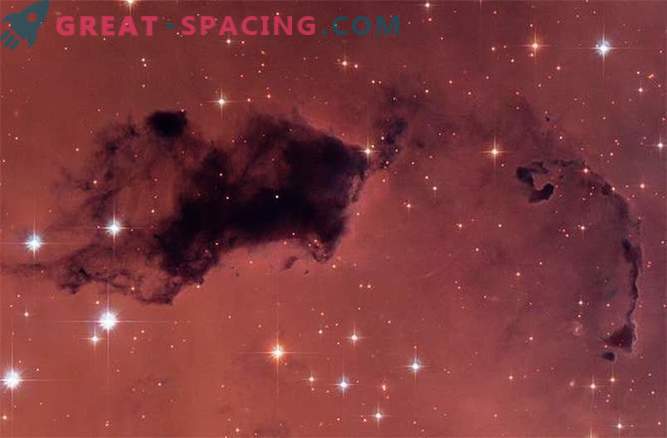
Studying the ancient molecular clouds in our galaxy, astronomers noticed that water in the Universe appeared much earlier — one billion years after the Big Bang.
The catch was that a water molecule consisting of two hydrogen atoms and one oxygen atom, like any element heavier than helium, was formed in the nuclei of stars, and not by the Big Bang itself.
The first stars took a certain amount of time to form, grow old and die, so that heavy elements such as oxygen could escape through stellar winds and supernovae. Taking into account such a time delay, astronomers for a long time believed that water in the Universe appeared much later.
But according to a new study published in the Astrophysical Journal Letters, this could happen much faster. In fact, there is a possibility that water could have originated one billion years after the Universe began.
“We studied the chemistry of young molecular clouds containing a thousand times less oxygen than our Sun. And to our surprise, we found that there could be much more water vapor than previously thought,” said Avo Loeb, an astrophysicist from Harvard-Smithsonian. center of astrophysics. The first stars, born 100 million years after the Big Bang, were massive and unstable. They quickly burned their hydrogen fuel, exploding like supernovae. These star explosions filled the universe with heavy elements. The result of these events was gas pockets rich in heavy elements (“rich” is a moot point, since compared to the oxygen content of our modern galaxy, these early gas clouds were very poor in oxygen).
But, despite the low level of oxygen, the environment at that time was ideal for the “preparation” of the water molecule. A temperature of about 80 degrees Fahrenheit (300 Kelvin) was optimal in order to combine oxygen with hydrogen atoms, which was abundant.
"This temperature was available because the Universe was warmer in the past than today, and gas was not able to cool effectively," said co-author researcher Shmuel Byala from Tel Aviv University.
“The glow of the cosmic microwave background was hotter, and the density of the gas was higher,” added Amiel Sternberg, also a co-author from Tel Aviv University. However, during this turbulent time of our Universe, the abundance of young stars gave rise to powerful ultraviolet radiation, which broke apart the newly formed molecules. But after millions of years, the devastating effects of ultraviolet light subsided, and the process of water formation accelerated.
This study shows that after just one billion after the Big Bang, our Universe had a rich environment for water production, despite its low water content. This set the stage for later epochs, when planets where water was already present began to form near the later stars.



